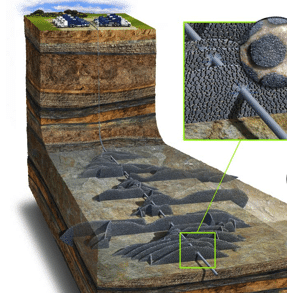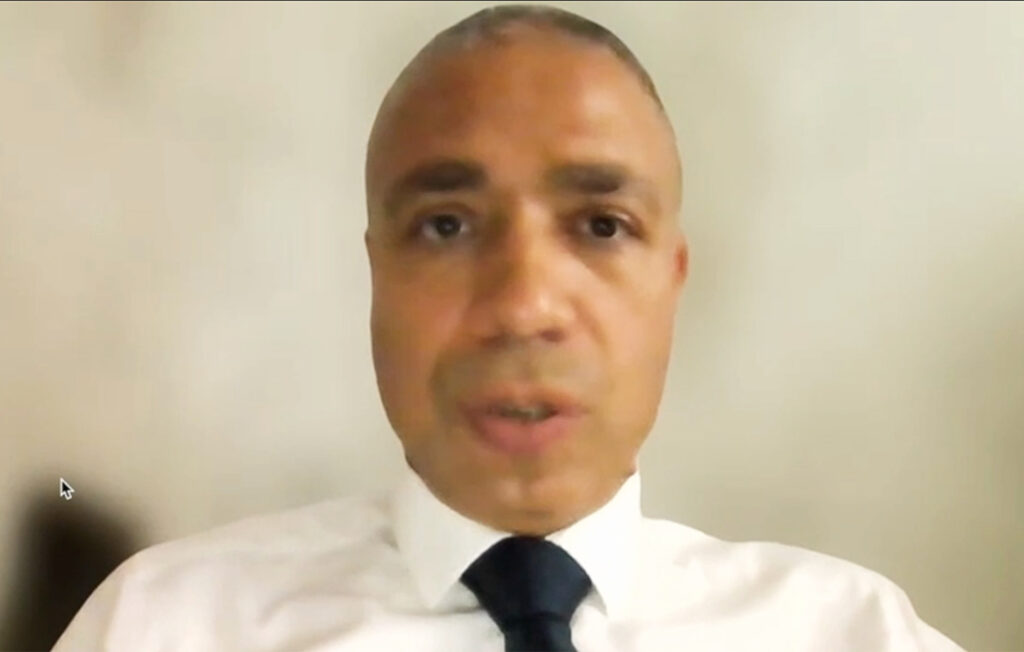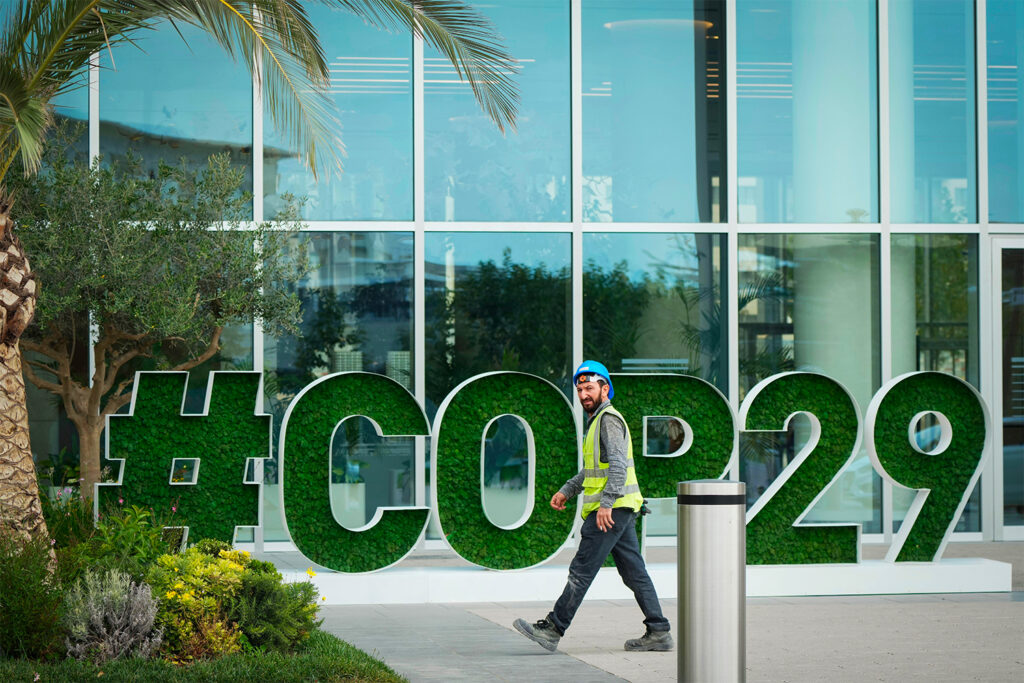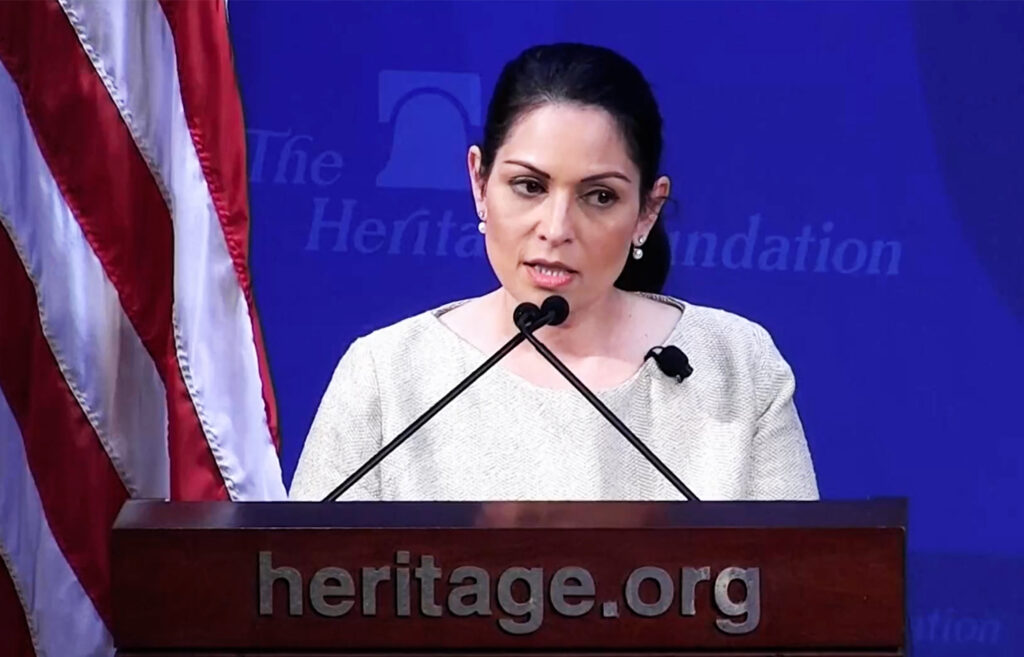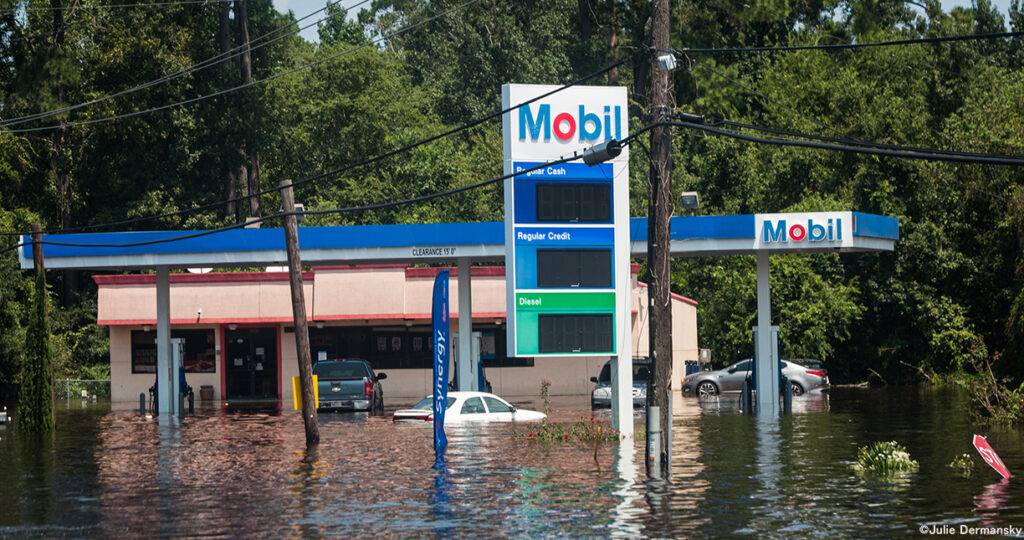According to Halliburton, one of North America’s largest hydraulic fracturing operators and suppliers, the “frack of the future” has arrived. Hoping to both increase well production and lower production costs, Halliburton is one among a crowd of energy companies looking to overhaul their fracking operations with new – and more powerful – methods.
Coined by Bloomberg as “super fracking” the gas industry is celebrating this new catalogue of high-intensity fracking technologies, dedicated to creating deeper and longer fissures in underground formations to release ever-greater amounts of the oil and gas trapped there.
As Bloomberg reports, Halliburton, Baker Hughes and Schlumberger are each investing heavily in advanced fracking technologies. Baker Hughes’ “DirectConnect” technology aims at gaining deeper access to underlying oil and gas deposits while Schlumberger’s “HiWay” forces specially developed materials into fractures to create widened pathways for oil and gas flow. Schlumberger now supplies over 20 oil and gas operators with “HiWay” technologies, up from only two a year ago.
David Pursell, a former fracking engineer now consulting for Tudor Pickering Holt
& Co. represents yet another method, one aimed at more completely shattering the rock comprising oil and gas reservoirs. “I want to crack the rock across as much of the reservoir as I can,” he told
Bloomberg, “that’s the Holy Grail.”
But others aren’t so sure the development of ‘super fracking’ is such a good strategy.
Aggressive fracking operations have put environmental organizations and local communities on the defensive. And countless instances of water, soil and air contamination have already derailed the industry’s early attempts to promote unconventional gas as a clean, environmentally sound energy alternative.
The announcement of ‘super fracking’ is likely to fall on jaded ears. After all, it’s barely been two months since the
Energy Department’s Shale Gas Subcommittee issued their rather scathing warning to the industry at large: “concerted and sustained action is needed to avoid excessive environmental impacts of shale gas production and the consequent risk of public opposition to its continuation and expansion.”
As is the case with already-existing fracking technologies, the cumulative impacts of super fracking are largely unknown.
“This is a ferociously competitive business,” said Sherr, adding these new technologies “might not have been fully thought-through or tested prior to application in the field.”
Amy Mall from the Natural Resources Defense Council points out the need for far more independent science on this. “Just like any other type of fracking, we need a lot more independent scientific data and research to understand the risks and how best to prevent them,” she told Bloomberg.
Not surprisingly, others have begun to wonder what ‘super fracking’ means for localized seismic activity. Less than two weeks ago,
Ohio experienced one of the largest fracking-related earthquakes on record at a fracking wastewater injection disposal well. All the wastewater from ‘super fracking’ will have to be disposed of as well, meaning more disposal well activity.
Perhaps ‘super fracking’ is the industry’s bizarre response to deep public mistrust? The risky rush to produce shale gas is facing increased scrutiny from investors and the mainstream media alike. As DeSmogBlog’s Brendan DeMelle covered yesterday, the industry’s myth of a limitless supply of unconventional gas looks set for a
shale gas bubble and bust. The characteristic difficulty of finding, extracting and processing unconventional gas is straining the economics of shale plays.
As DeSmogBlog has repeatedly argued, a precationary
moratorium on unconventional gas fracking is warranted while independent scientists carefully investigate all of the ‘super threats’ posed by the oil and gas industry’s current practices. At the very least, I certainly hope to hear of corresponding ‘super monitoring’ and ‘super enforcement’ in the wake of this news about ‘super fracking.’


